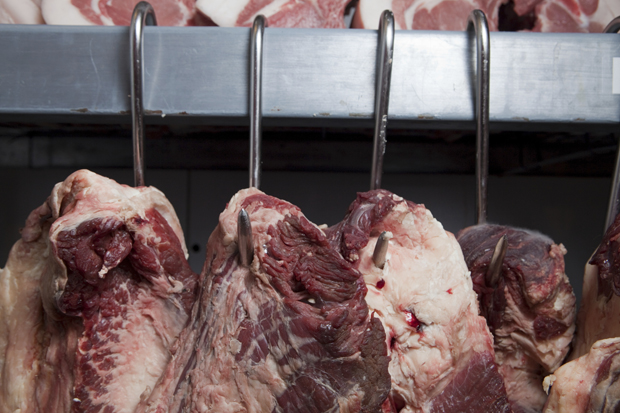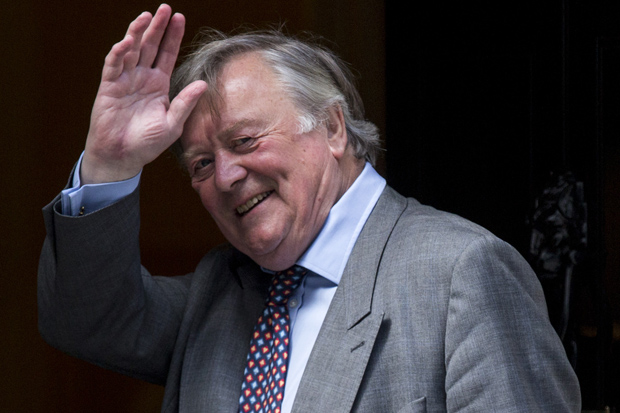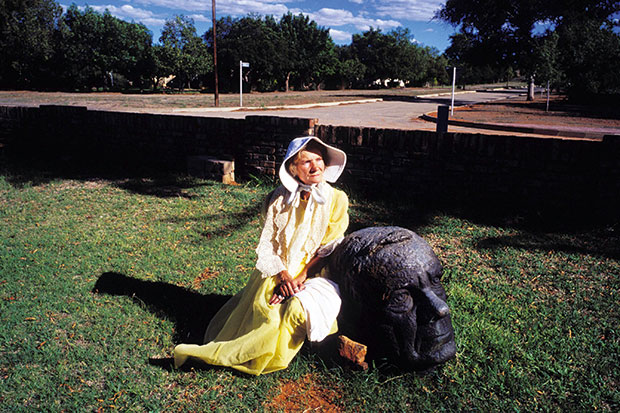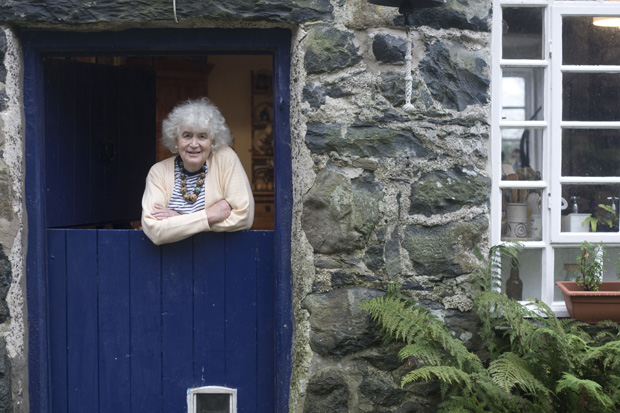I’m writing this in the Highlands. Through the window I can see Loch Maree, being ruffled into white-tipped skirls by the westerly wind and a squall of cloud that’s shrouding Slioch, the Place of the Spears. The Munroes are steeples at the end of the water, a bastion reminder of Scotland’s eternal war between the fastness and the wetness.
I’m up here for the stalking. I come every year. I haven’t taken a shot for some time. I love the stalk: stalking is to walking what opera is to whistling. And I also love going out with people who have never done it before, or for whom pulling the trigger is still the pinch-point of life, death and
everything. Watching a stag through a sight, an animal bigger and heavier than you are, that embodies so much yearning and lust, roars so fundamentally about our temporal mythologised lives, is always a big thing, a big ask.
I’ve taken the day off in the lodge, with a fire and an Arbroath Smokie tart, a cold grouse and a square of tablet, to pick some rowans and sharp apples for jelly and to write this. I am more sympathetic to Louise Gray’s book in the north than I would be in Chelsea.
The best chapter is about stalking with her father, and is less to do with killing than with the warm, vegetative relationship that daughters have with their dads. It has a different tone and digs deeper than the rest — but this is not a good book. It is a well-meaning one, and it is written by an evidently decent and empathetic woman; but niceness and goodwill don’t, by
simply wishing it, conjure up interest or a compelling argument. Altogether, it sounds like Prince Charles screaming Bridget Jones.
Let’s start with a nit-pick. The title: The Ethical Carnivore. Does she really mean ethical — or is it moral? I understand that untangling the specific definition is a pedant’s errand, but ethics are generally the application of morality. Ethics are what lawyers, bankers and plastic surgeons have. Whether or not to eat an ingredient that has died for your dinner is surely moral. Buddhists, Jains and Hindus are directed by morality, not ethics. Ethics you learn; morality you believe.
The distinction is not inconsequential.Louise Gray wants to make up an empirical argument against eating meat. She’s not a missionary, she’s an advocate and that’s the first of the book’s numerous shortcomings. The argument against eating meat rests on it being cruel and environmentally unsound; but also on the claim that it is unkind and wrong and fundamentally inhuman. So the discussion about relieving pain, misdirecting the attention and calming the fears of animals that are about to be killed and the husbandry practices that do the least environmental damage are beside the point — as are the discussions about whether or not fish feel pain. She cites a study that got bees to sting trout mouths to see if they reacted to pain, and apparently they rubbed their faces in the sand. As a piece of scientific inquiry, that must be one of the most weirdly bizarre and pointless. There is a paragraph explaining that it is OK to eat bivalves because they don’t have a central nervous system, as if an ability to feel pain is the threshold for membership to the right-to-life club.
There are also long, hand-wringing discussions on how much pain a pig feels and for how long, and then there is the patronising, head-patting respect for old-fashioned farmers, peasants, natives and time-honoured rituals, as opposed to the obvious hellishness of supermarkets, factory farms and fast food.
Gray suffers from a constant squeamishness about offal, blood and messy bits, and an equally sentimental gooiness for the beauty of fur, feathers and ickle baby animals. She seems to condone eating roadkill because, well, it’s dead anyway, and insects because, well, they’re creepy-crawlies. There is no attempt to explain the obvious dichotomy: that if killing things is wrong then whether you do it with a captive bolt or a bus makes no difference. If all life is intrinsically equally valuable, then there is fundamentally no difference between eating a run-over pheasant or a hit-and-run cyclist. If you are simply worried by the type of suffering, then it is not a profound question of ethics or morality: it’s about quality control.
And I kept wondering who this book was aimed at. Who does she think is going to be moved by it? Is it just a mutual confirmation for vegetarians, or are carnivores supposed to slap their heads and say, I never knew that’s where my chops came from? For all its hand-wringing and breathless sadness at the extermination of natural wonder, this lifeless little book suffers from the endemic plague of new age fundamental food faddism. It has an overwhelming vanity: not how did the dead bunny feel, but how did I feel having deaded the bunny? Everything is filtered through the damp, springy softness of the author’s sensitivity — and having argued about the ethical bit of the title, I should grinch by questioning the carnivore bit. There is a barely any passing pleasure in eating, no sense of the one thing that does connect us all to every other meat-eating animal: the daily satisfaction of consuming each other.
I suspect that this book was written as self-help therapy and to impress her dad.
The post Meaty matters appeared first on The Spectator.
Got something to add? Join the discussion and comment below.
Get 10 issues for just $10
Subscribe to The Spectator Australia today for the next 10 magazine issues, plus full online access, for just $10.
You might disagree with half of it, but you’ll enjoy reading all of it. Try your first month for free, then just $2 a week for the remainder of your first year.














Comments
Don't miss out
Join the conversation with other Spectator Australia readers. Subscribe to leave a comment.
SUBSCRIBEAlready a subscriber? Log in